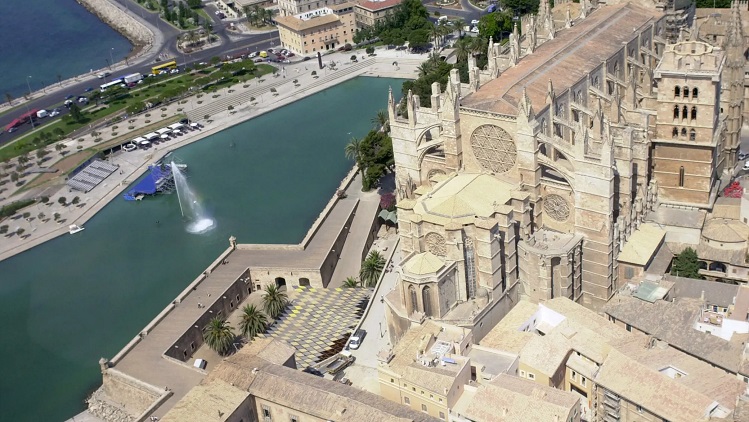It was talked about several times, it was considered unthinkable, but the ban on drinking alcohol was decided and, at the beginning of May, it was published in the local government newspaper of the Spanish Balearic Islands.
This applies to Mallorca, but also to Ibiza, the islands which are the main destinations of “alcohol tourism”, which now arouses resentment among the permanent residents of the island – and not only.
This is not a general ban. This concerns specific areas and party zones, such as the famous Playa de Palma in Mallorca.
There is also Ballermann 6, a favorite entertainment center for German visitors, where massive beer and sangria drinking usually begins first thing in the morning.
According to the “Decree on Responsible Tourism”, as the new restrictive legislation is officially called, the consumption of alcohol in this area and on certain other beaches on the island will now be punished with a fine of between 500 and 1,500 euros .
Reactions are mixed
Local hoteliers association AHPP, restaurateurs association CAEB and retail trade union Afedeco express optimism about the implementation of the new legislation. In a joint statement, they said: “We welcome the improvements made and the efforts to drive out wild tourism.” In any case, hypertourism provokes reactions in Mallorca, there has even been talk in the past of imposing a cap on the number of visitors. On Saturday in Palma, the island’s capital, thousands of people took to the streets to demonstrate their indignation at the “overtourism” affecting the Balearic Islands. “Mallorca is not for sale” was the central slogan of the mobilization.
When it comes to the alcohol ban, however, many experts on the island doubt whether it can be implemented so easily. “Of course the intentions are good, but you cannot eradicate an entire mentality by imposing bans or increasing prices,” says Patrick Schirmer Sastre, columnist for the local German-speaking newspaper Mallorca Zeitung. Furthermore, he points out, in Spain they say: “Hecha la ley, hecha la trampa”. Which means that “before the law can come out, the ‘loopholes’ of the law are revealed.”
“Every year it’s the same…”
Everything will be decided by the determination of the police to enforce the law. However, Beatrice Ciccardini, well-known face of Playa de Palma and owner of the Zur Krone center, is not too sure if this will happen. “Every year the same thing happens,” he told the Mallorca Zeitung newspaper. “At the start of the season there are more police forces, but they don’t really intervene.”
A similar opinion is expressed by Julian Sommer, the favorite artist of German tourists visiting the island. “Every year around this time there are government announcements and we read similar news in the newspapers. I wonder if this time there will be stricter controls,” the 26-year-old singer told the agency. German press (dpa). But what does he think of the new law? “If you see the situation in Playa de Palma since this morning, you understand that the government’s intervention is not completely unjustified. On the other hand, if a couple sits down to drink a beer without disturbing anyone, I don’t think there is a problem…”.
“We must act”
“The end of a taboo”, headlines the local newspaper Ultima Hora regarding the alcohol ban. In the past, local politicians said that “you cannot sacrifice the goose that lays the golden eggs”, pointing out that much of the island’s prosperity is due to tourism and mainly foreign visitors who drink too much.
But now the Prime Minister of the Balearic Islands, Marga Proens, declares for the first time that “this tourism model has reached its limits”. As the local leader of the Conservative People’s Party explains, “we want to feel like we’re being visited, not attacked.” It seems many agree with her.

